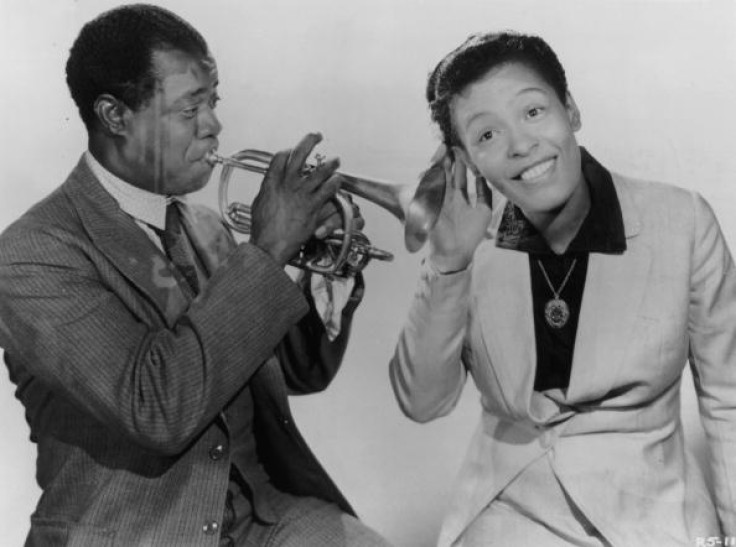
Music has been an avenue of emotions. We tend to go with quicker, more upbeat rhythms if we're feeling lively. On the other hand, hearing sad songs with slow lyrics and droning music usually gets us gray. While a genre might not be a sure indicator of the mood a song will bring, the music and lyrics usually work together to deliver a haunting feeling of sadness.
Here are some sad songs that have gone down in history. Aside from their inherent musicality, delivering as they intended to do, these songs have also spawned stories that are just as miserable. Here are three sad songs with equally sad stories behind them:
"I'm So Lonesome I Could Cry" by Hank Williams (1949)
Hank Williams would begin three-generations of country musicians, with his son and grandson going by nearly the same name. He is also regarded as one of the most significant songwriters of the century.
One of Hank Williams' most enduring hits is 1949's "I'm So Lonesome I Could Cry." It is also among the most famous of country music's sad songs. It contained lyrics such as "Did you ever see a robin weep/When leaves begin to die?/That mean he's lost the will to live/I'm so lonesome I could cry."
Williams was believed to have drawn heavily from his turbulent marriage with Audrey Sheppard, mother of Hank Williams Jr. Their marriage was rough and on top of their woes, it was declared illegal. Sheppard's divorce from her past partner failed to comply with legal requirements.
Years of back pain due to his spina bifida, alcoholism, and abuse of prescription drugs severely deteriorated his health. On New Year's Day, 1953, Hank Williams passed away due to heart failure.
"Gloomy Sunday" by Billie Holiday (1941)
"Gloomy Sunday" was originally in Hungarian, being composed by Rezso Seress back in 1933. In 1941, jazz and swing musician Billie Holiday made a cover of the song. Holiday's cover of "Gloomy Sunday" remains its most famous incarnation, especially in the English-speaking world.
The original Hungarian composition by Seress is already a sad song in itself, talking about the despair brought about by war. Its lyrics, however, were replaced by poet Laszlo Javor and recorded by Pal Kalmar in 1935. This was the version covered by Holiday, containing the singer's intent to take their own life to follow a deceased lover.
"Sunday is gloomy/My hours are slumberless/Dearest the shadows/I live with are numberless," the song begins. It would later end the verse with: "Angels have no thought/Of ever returning you./Would they be angry/If I thought of joining you?"
Since the release of the 1935 Hungarian song and its 1941 English version, the sad song has been linked to numerous suicides both in the US and Hungary. The deaths were however difficult to directly link to the song, creating urban legends that surround it until now. In January 13, 1968, its original composer, Reszo Seress, took his own life by jumping off the window of his apartment.
"Love Will Tear Us Apart" by Joy Division (1980)
This Joy Division song was written by its frontman Ian Curtis as a sour response to another song. As Captain & Tennille sang "Love Will Keep Us Together," Curtis was pushed towards writing "Love Will Tear Us Apart."
This sad song from "Joy" Division talks about a falling relationship, with the haunting chorus: "Love, love will tear us apart again." It laments how love eventually gives way to problems that often plague long-term relationships. It was largely inspired by Ian Curtis' severe guilt for falling in love with another woman.
It was first recorded in January 1980. Ian Curtis took his own life in May of the same year. He was only 23. "Love Will Tear Us Apart" was later released as a single in June 1980, with "These Days" in the B-side.
For songs masquerading as upbeat and happy songs, but actually contain darker messages at the core, check out 7 Upbeat Songs With Surprisingly Dark Messages
© 2025 MusicTimes.com All rights reserved. Do not reproduce without permission.




